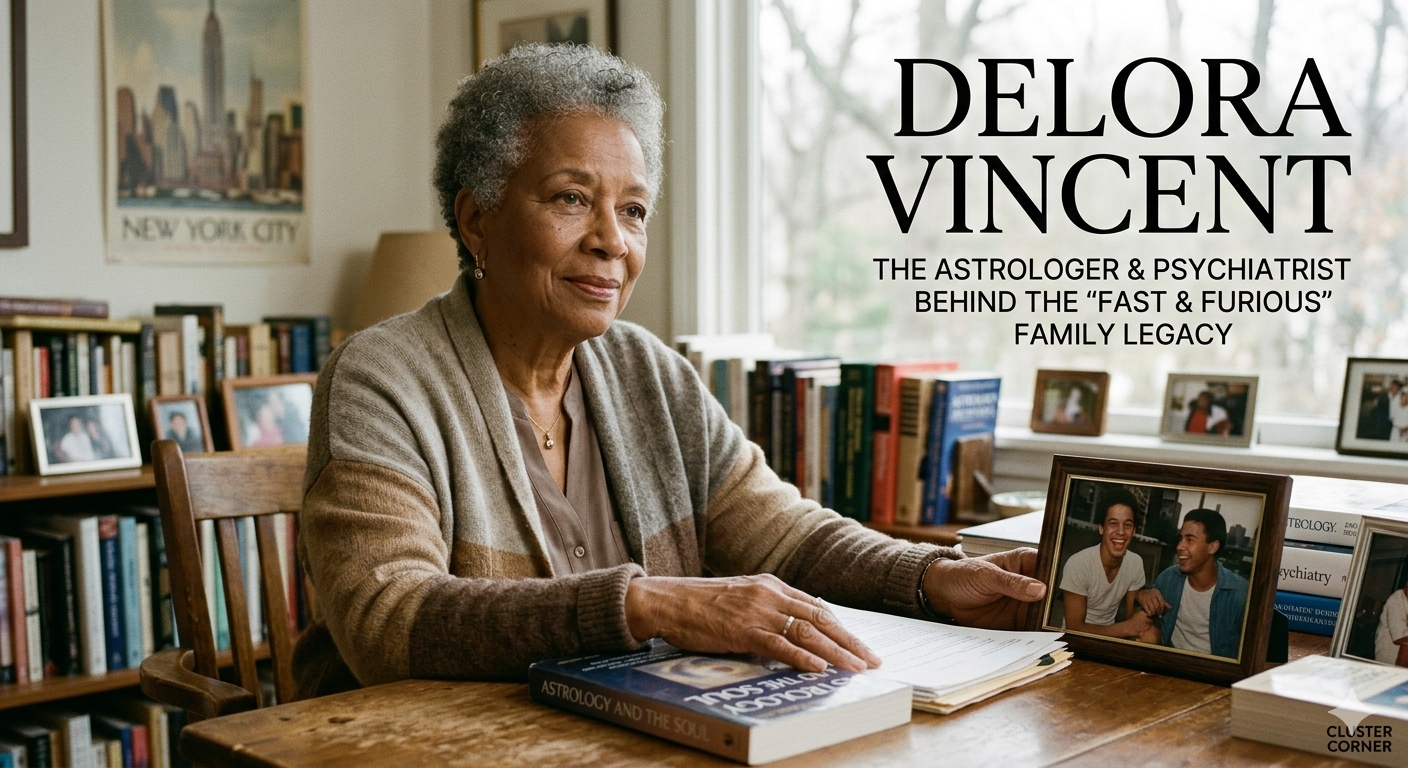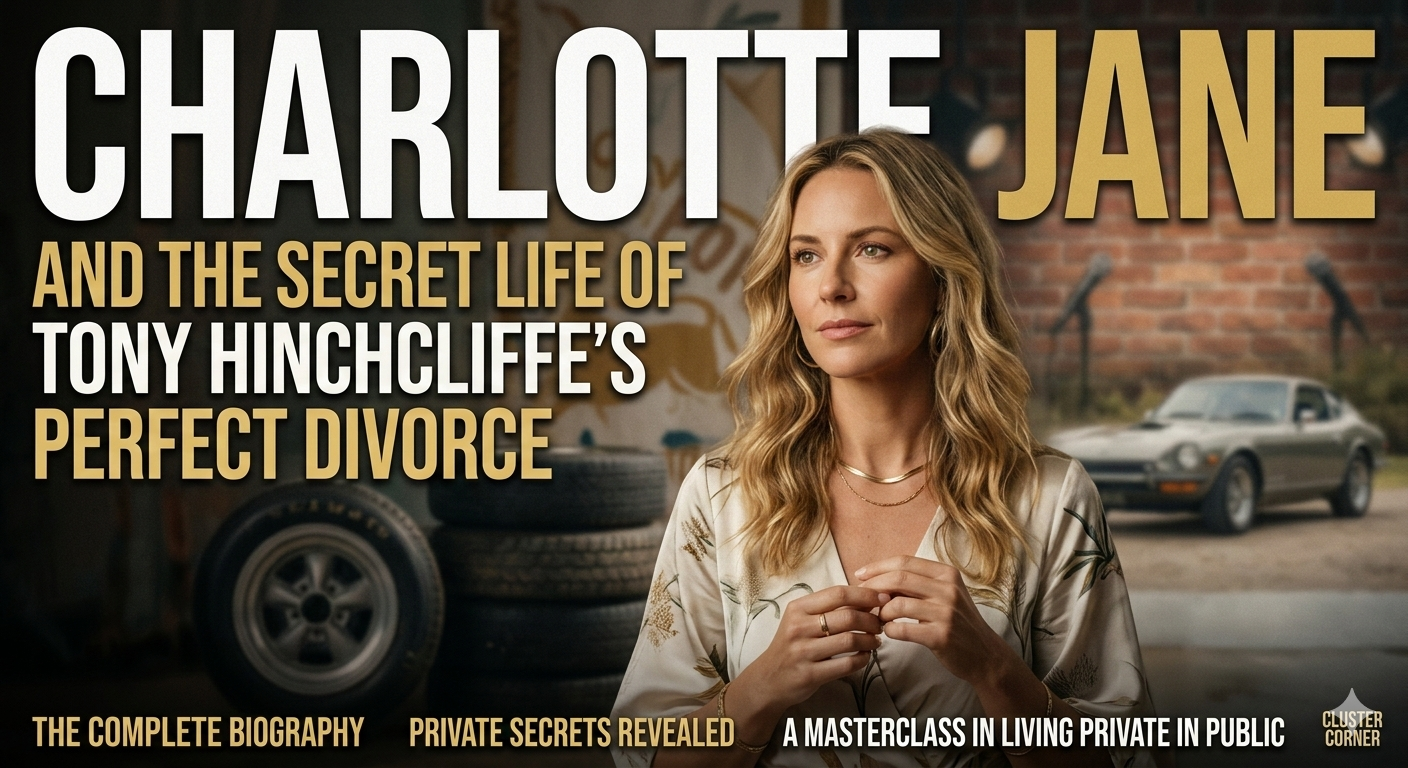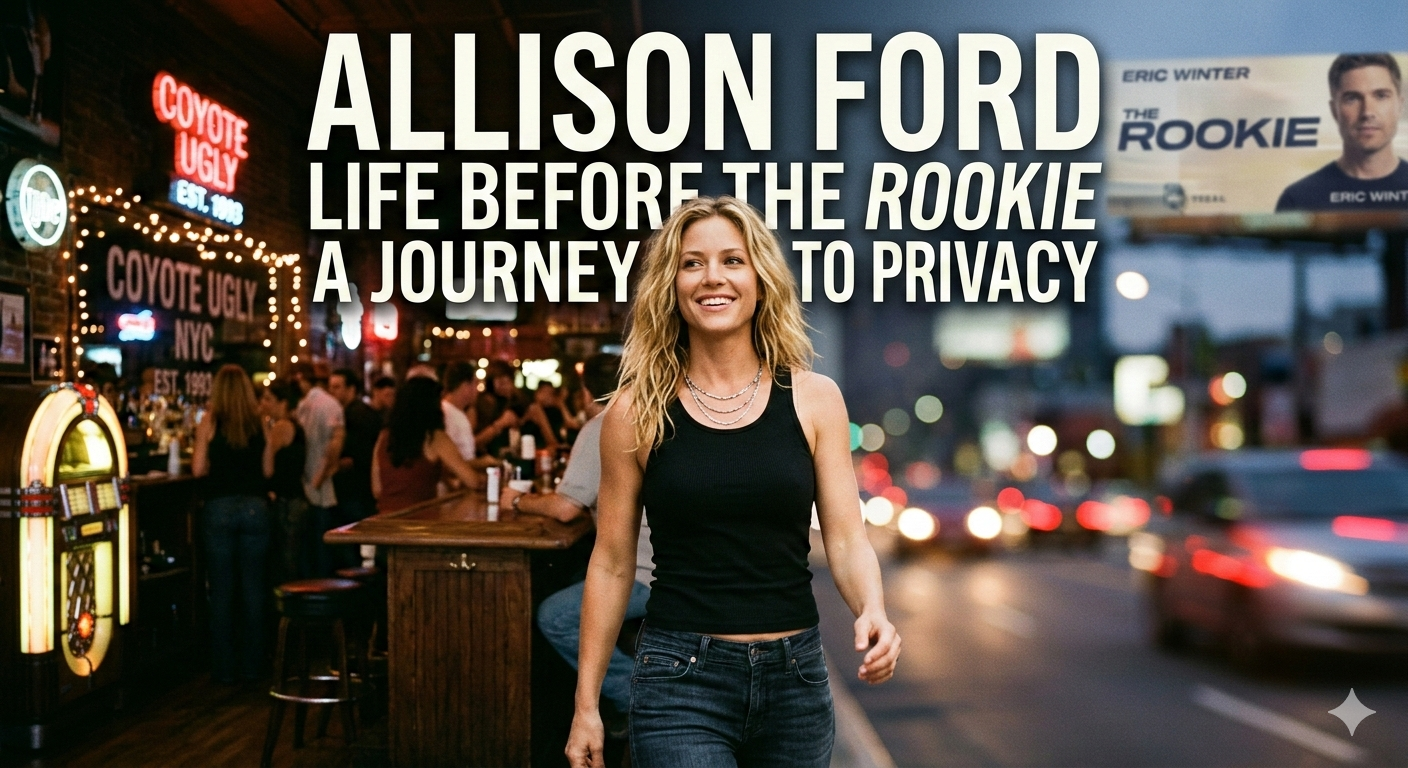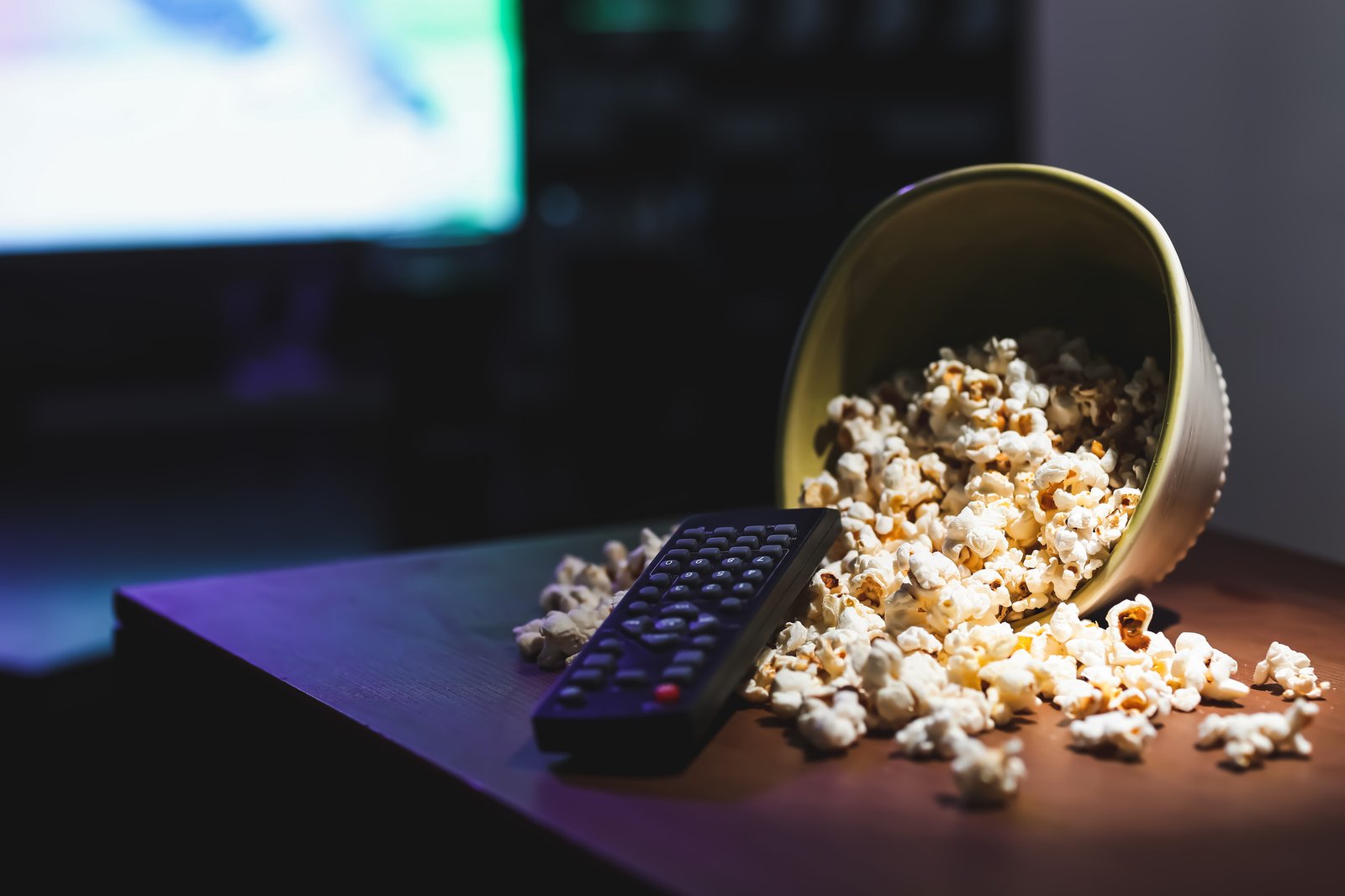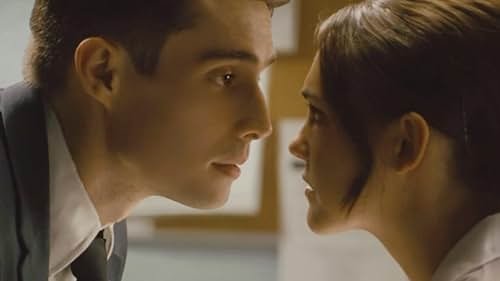Why We Love Anti-Heroes: The Psychology of Liking Bad Guys
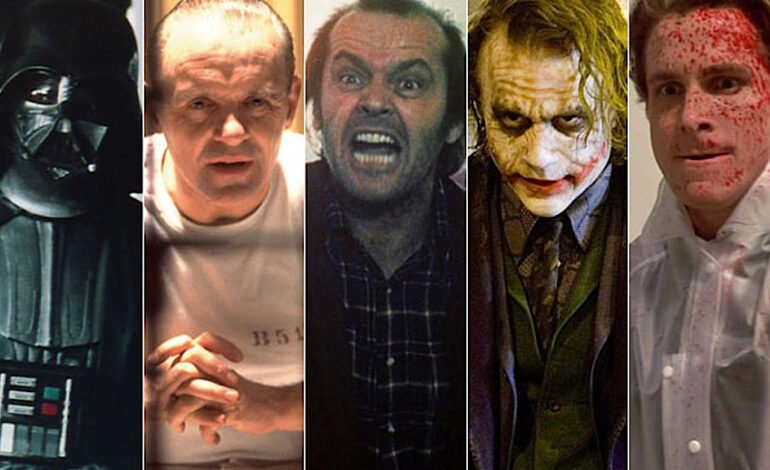
Tony Soprano, Walter White, Wade Wilson, Eddie Brock, and most recently Homelander. These somewhat evil boys have passed by the traditional heroism and villainy. Instead, they embody the grey shade of human nature and show us how anti-heroes are rooted.
So, why do we tend to love heroes that we are meant to hate? Is this just the way our world works? Do we want our star characters to be objectively awful people, or do we just want them to be intricate and reflective of society?
These questions are not the ones with straight answers. It’s worth noticing that after years of film and television getting darker and darker, there may be a new ray of hope for our blockbuster characters. There are glimmers of a new dawn for the anti-anti-hero, a leader full of philanthropy and good-naturedness.
To find out why people like an anti-hero, we first should know who they are. Standardly, they are flawed, complex, and often has a very biased moral. Hardly, they are the hero, if ever, following the typical hopes of heroism.
Who are Anti-Heroes?
A hero or principal character that lacks standard heroic traits is considered an anti-hero, in contrast to the traditional heroes of literature, film, and myth. These include qualities like “idealism, courage, and morality,”
Of course, these shows may be a little too grim for some viewers. But what interests the rest of us who watch these series regularly (or binge-watch them on Netflix)? And why do we keep returning?
Is it possible that we are sickly fascinated by seeing how society’s underclass fulfills our hidden desires? Or are we hoping for a redemptive outcome that would confirm our perception of what is right and wrong?
These anti-heroes have been around throughout history, but recently they have been more prominent.
The Anti-hero Comeback
Simply put, viewers had been overexposed to generic do-gooders from action and western movies for decades. These new depictions of our heroes were highly appealing to audiences by the 1980s, 1990s, and early 2000s.
The protagonist of the HBO television series The Sopranos (1999–2007), Tony Soprano, might be one of the best instances of a well-known contemporary anti-hero. Tony is a complex main character who strives to strike a balance between leading a good life as a husband, father, and son and leading an organized crime life that is filled with murder, robbery, and other wrongdoings.
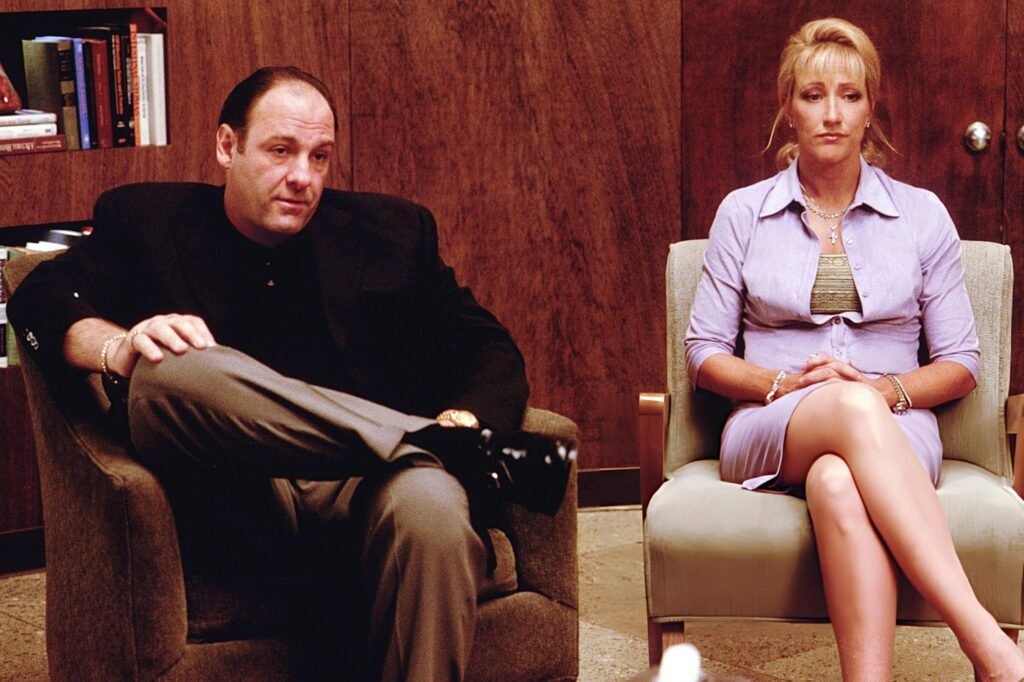
Series like Breaking Bad (2008-2013) as previous examples of this type of character, yet they set the way for the current inflow. The anti-hero has long been a mainstay of on-screen entertainment. The popularity of Joker in 2019 also demonstrated a desire for more, and Cruella has already been compared to Joaquin Phoenix’s movie.
Are we Destined to Sympathize with Anti-heroes
Depending on whatever critic you ask, Joaquin Phoenix’s portrayal of the Joker (2019) is either an overly provocative and immoral piece of trash or a poignant character study of the isolating effects of mental illness.
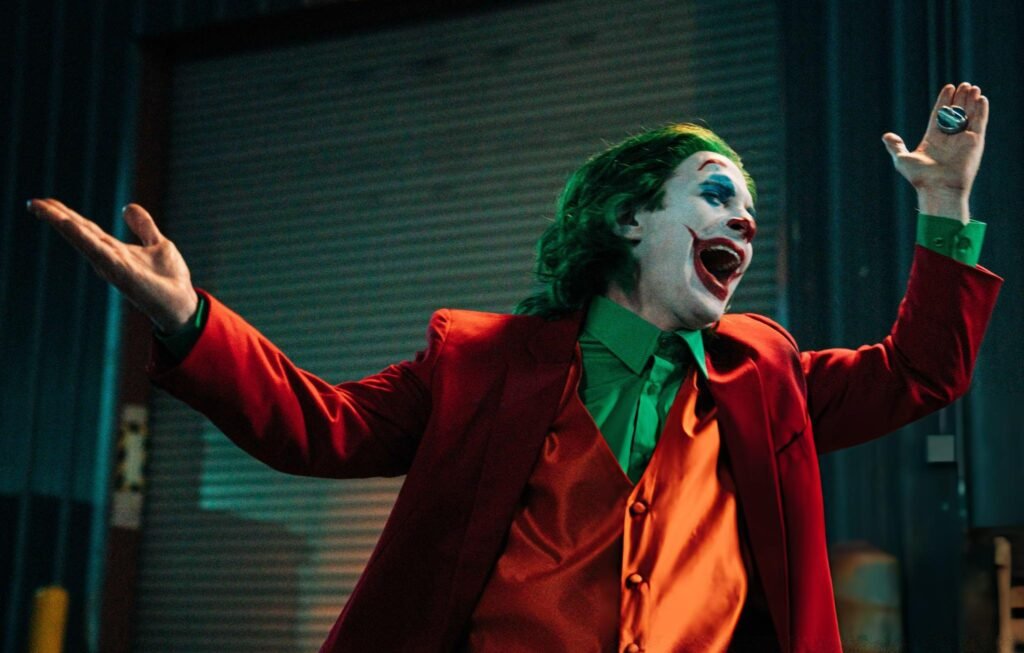
Regardless of which camp you belong to, armed protection was required to accompany the movie’s debut in theaters across America, ostensibly out of concern that it might inspire young males to replicate acts of violence.
Related: 8 Tragic Villain Origins From Your Favorite Movies
It has been suggested that the figure might appeal to people who feel furious about society and who empathize with the violent protagonist of the movie.
But why do some individuals regard villains like the Joker as heroes?
The “primacy effect” is another reason for our affection for anti-heroes. Joker follows Arthur Fleck’s transformation from a reclusive, unsuccessful stand-up comic into something far darker and violent, although, in fiction, we frequently focus more on a character’s introduction. We accept this initial portrayal as the fundamental aspect of their character.
Conversely, there are also times in cinema where we see these anti-heroes form alliances with our leading characters. Most recently, we saw it is Black Panther Wakanda Forever (2022), where Namor joins hands with Wakanda.
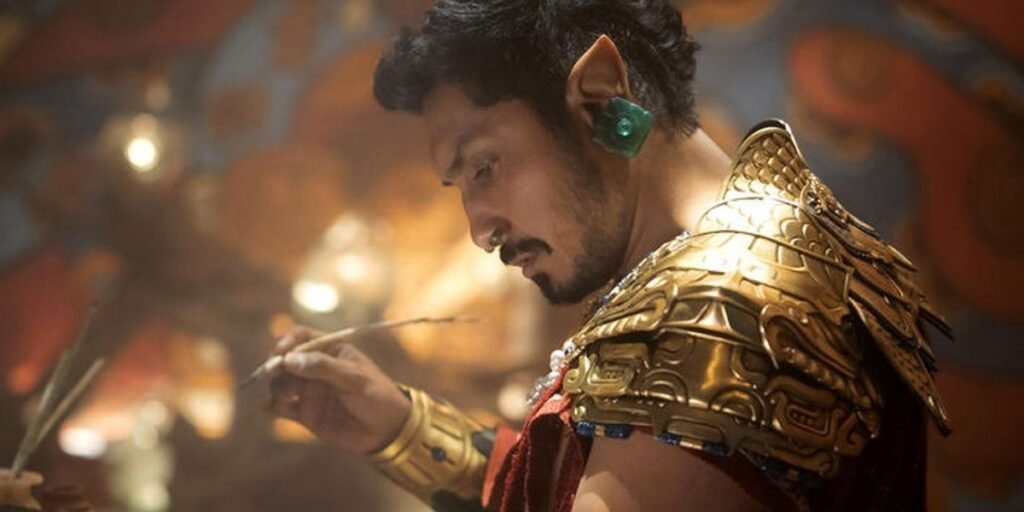
That’s basically who we think they are, and everything else is merely a superstructure or a corruption of that nature. Those first impressions trick us into forgiving the Joker as we see the injustices build up and turn him from a moral, miserable guy into a serial killer.
So, even though there are many undesirable characters in the spotlight this year, the typical hero vs. villain storyline is still well-liked. There are undoubtedly many factors, ranging from story design to a simple fascination with the anti-twisted hero’s morals, that contribute to our admiration of the anti-hero.
However, it is more obvious that the anti-hero is here to stay and that we are currently in the age of the anti-hero.
Perhaps, the genre has reached its saturation point. But many other genres may be claimed to share this. There is undoubtedly still a lot of work to be done as things are. When Scott remarks that the majority of scripts nowadays are “fucking dull,” he raises an important point. But I remain hopeful.
